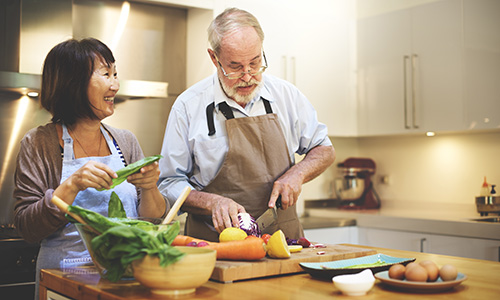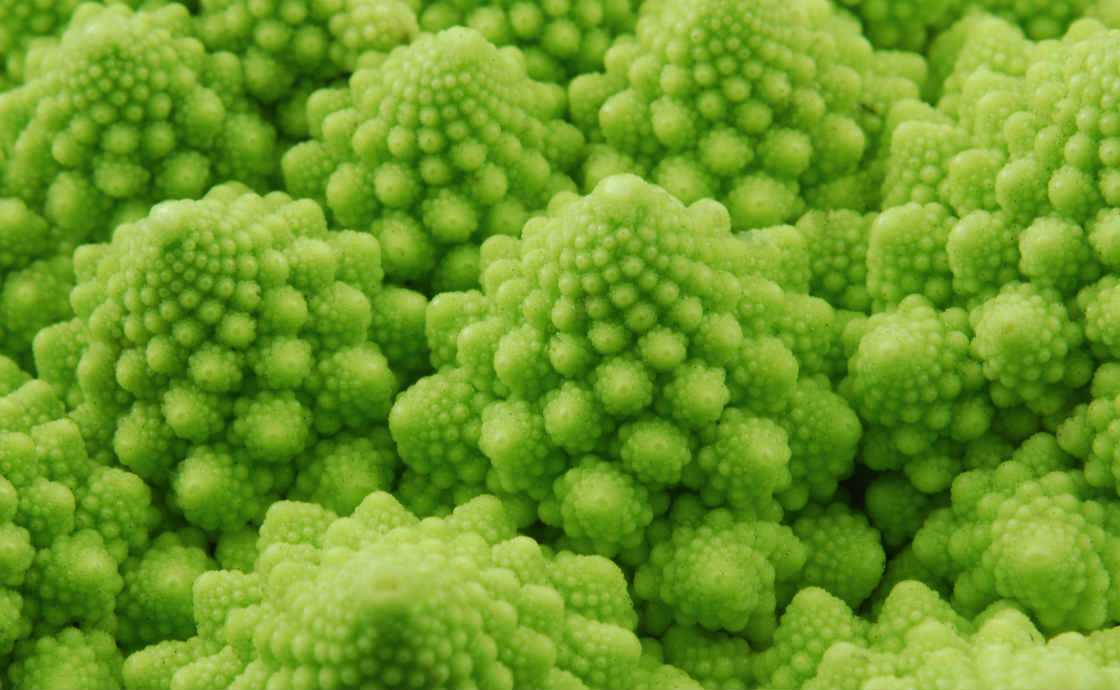How cooking mindfully (not mindlessly) can help your health
- Overview
- Full article
- Related articles

Our busy lives can lead us to rush when cooking daily meals, and then wolf down our food. If this sounds familiar, you’re not alone. Many of my clients have had the same lifestyle, and it can contribute to a range of digestive issues.
Long-term stress caused by living this way can have a detrimental effect on your digestive health. Stress diverts energy away from digestion, concentrating energy in the heart, lungs and muscles to prepare you for the “fight or flight” process, which means you struggle to use the energy and nutrients in the food you eat. Stress also depletes energy levels and reduces levels of key vitamins and minerals that the digestive system depends on. So taking control of stress is a great way to improve your health.
You can’t remove yourself from stress completely – especially if it‘s created by work, money or relationship issues. But you can help yourself to take control of stress by becoming more mindful. Being mindful is about being aware of the present – what is happening now, rather than worrying about what has gone on in the past or what could happen in the future. Mindfulness helps you change the way you think and importantly how you respond to situations, with the benefit of becoming calmer and kinder to yourself.
Cooking in the present, being aware of what you are doing in the moment rather than cooking whilst distracted by other thoughts, is a great start to practicing mindfulness.
“Become aware of the different textures, fragrances, shapes in your food.”
Cooking mindfully with your partner, a good friend or a relative can help to strengthen your relationships. In many cultures cooking is still today a bonding experience - think about when you were a child baking with your parents, for example. But it also helps you to appreciate the ingredients you are using too.
Tips for cooking mindfully
1. Start in the market
The process of mindfulness can start before you're in the kitchen, by being mindful when choosing and buying the ingredients. For example, when choosing tomatoes or coriander feel their texture. Do they have any smell? Look closely at their colour and shape. Using all your senses helps to concentrate your thoughts on the present, and create a much more enjoyable experience.
2. Pay attention to quantities and qualities
Understanding the ingredients better and paying attention to their quantities and qualities can affect the way you feed yourself too, improving the nutritional balance of your meals and reducing the likelihood of over-filling your plate.
3. Notice the smells when cooking
Taking note of the smells can actually help you to cook a better meal. If two ingredients smell good together, they're more likely to taste good together too.
4. Recognise how ingredients change during cooking
Paying attention to how the ingredients respond to cooking can help you to time food better. For example, seeing onion turn from opaque to transparent when frying, or watching prawns turn from grey to pink can tell you when food is ready to be consumed.
5. Appreciate what you consume
Eating slowly, chewing well and appreciating the smell and flavour of each mouthful, will improve your eating experience, your digestion and can be a great way to alleviate stress.
Even if you are only able to cook like this at weekends it’s a great start and I’m sure you’ll find yourself thinking more about how you prepare and eat your food during the working week too.
Try cooking any of our healthy recipes mindfully.
Last updated Monday 25 April 2022
First published on Thursday 17 March 2016






